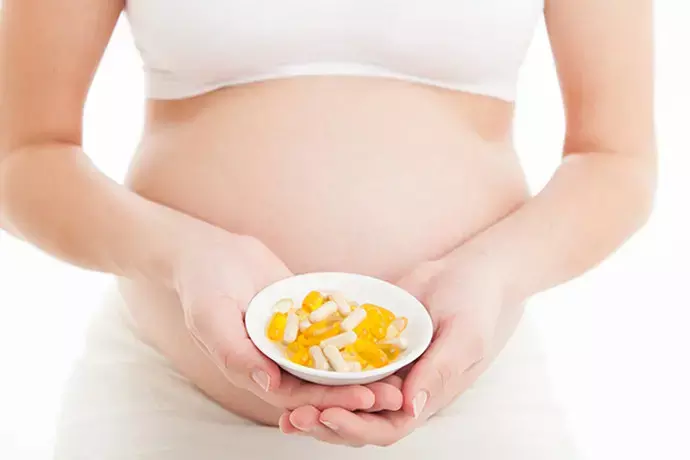- Home
- Medical news & Guidelines
- Anesthesiology
- Cardiology and CTVS
- Critical Care
- Dentistry
- Dermatology
- Diabetes and Endocrinology
- ENT
- Gastroenterology
- Medicine
- Nephrology
- Neurology
- Obstretics-Gynaecology
- Oncology
- Ophthalmology
- Orthopaedics
- Pediatrics-Neonatology
- Psychiatry
- Pulmonology
- Radiology
- Surgery
- Urology
- Laboratory Medicine
- Diet
- Nursing
- Paramedical
- Physiotherapy
- Health news
- Fact Check
- Bone Health Fact Check
- Brain Health Fact Check
- Cancer Related Fact Check
- Child Care Fact Check
- Dental and oral health fact check
- Diabetes and metabolic health fact check
- Diet and Nutrition Fact Check
- Eye and ENT Care Fact Check
- Fitness fact check
- Gut health fact check
- Heart health fact check
- Kidney health fact check
- Medical education fact check
- Men's health fact check
- Respiratory fact check
- Skin and hair care fact check
- Vaccine and Immunization fact check
- Women's health fact check
- AYUSH
- State News
- Andaman and Nicobar Islands
- Andhra Pradesh
- Arunachal Pradesh
- Assam
- Bihar
- Chandigarh
- Chattisgarh
- Dadra and Nagar Haveli
- Daman and Diu
- Delhi
- Goa
- Gujarat
- Haryana
- Himachal Pradesh
- Jammu & Kashmir
- Jharkhand
- Karnataka
- Kerala
- Ladakh
- Lakshadweep
- Madhya Pradesh
- Maharashtra
- Manipur
- Meghalaya
- Mizoram
- Nagaland
- Odisha
- Puducherry
- Punjab
- Rajasthan
- Sikkim
- Tamil Nadu
- Telangana
- Tripura
- Uttar Pradesh
- Uttrakhand
- West Bengal
- Medical Education
- Industry
Maternal Vitamin D deficiency associated with Autism in offsprings: Study

Insufficient or deficient maternal Vitamin D Levels are associated with Autism Spectrum Disorder (ASD) in their children suggests a new Study.This finding has implications for understanding the role of maternal vitamin D during fetal brain development and increased risk of ASD.
The study has been published in Biological Psychiatry.
Findings from previous studies on maternal 25-hydroxyvitamin D [25(OH)D] levels during pregnancy and autism spectrum disorder (ASD) in offspring are inconsistent.
The association between maternal 25(OH)D levels during pregnancy and offspring Autism Spectrum Disorder (ASD) was examined using data from a nationwide population-based register with a nested case-control study design. The Autism Spectrum Disorder (ASD) cases (n = 1558) were born between 1987 and 2004 and received a diagnosis of Autism Spectrum Disorder (ASD) by 2015; cases were matched with an equal number of controls. Maternal 25(OH)D levels during pregnancy were measured using quantitative immunoassay from maternal sera collected during the first and early second trimesters and archived in the national biobank of the Finnish Maternity Cohort. Conditional logistic regression examined the association between maternal 25(OH)D levels and offspring Autism Spectrum Disorder (ASD).
The results of the study are as follows:
· In the adjusted model, there was a significant association between increasing log-transformed maternal 25(OH)D levels and decreasing risk of offspring Autism Spectrum Disorder (ASD).
· Analyses by quintiles of maternal 25(OH)D levels revealed increased odds for Autism Spectrum Disorder (ASD) in the 2 lowest quintiles, <20 and 20–39, compared with the highest quintile.
· The increased risk of Autism Spectrum Disorder (ASD) was observed in association with deficient and insufficient maternal 25(OH)D levels compared with sufficient levels.
Thus, the researchers concluded that this finding has implications for understanding the role of maternal vitamin D during fetal brain development and increased risk of Autism Spectrum Disorder (ASD).
Reference:
Maternal Vitamin D Levels During Pregnancy and Offspring Autism Spectrum Disorder by Sourander A et. al published in the Biological Psychiatry.
DOI: https://doi.org/10.1016/j.biopsych.2021.07.012
Dr. Shravani Dali has completed her BDS from Pravara institute of medical sciences, loni. Following which she extensively worked in the healthcare sector for 2+ years. She has been actively involved in writing blogs in field of health and wellness. Currently she is pursuing her Masters of public health-health administration from Tata institute of social sciences. She can be contacted at editorial@medicaldialogues.in.
Dr Kamal Kant Kohli-MBBS, DTCD- a chest specialist with more than 30 years of practice and a flair for writing clinical articles, Dr Kamal Kant Kohli joined Medical Dialogues as a Chief Editor of Medical News. Besides writing articles, as an editor, he proofreads and verifies all the medical content published on Medical Dialogues including those coming from journals, studies,medical conferences,guidelines etc. Email: drkohli@medicaldialogues.in. Contact no. 011-43720751


